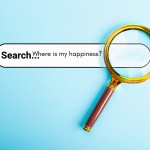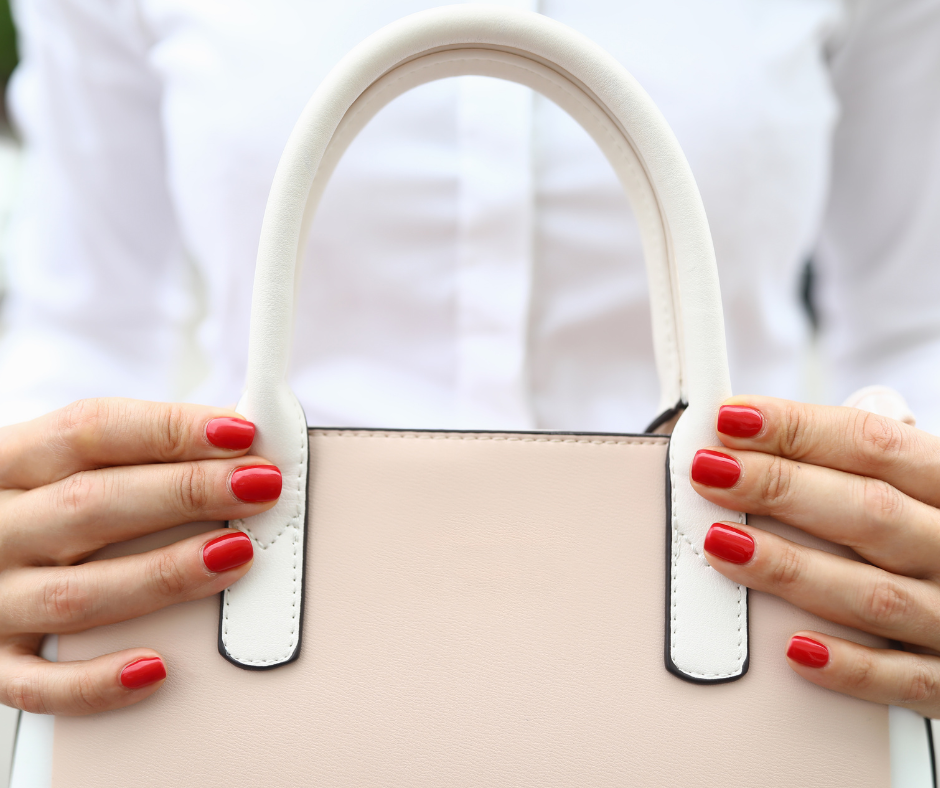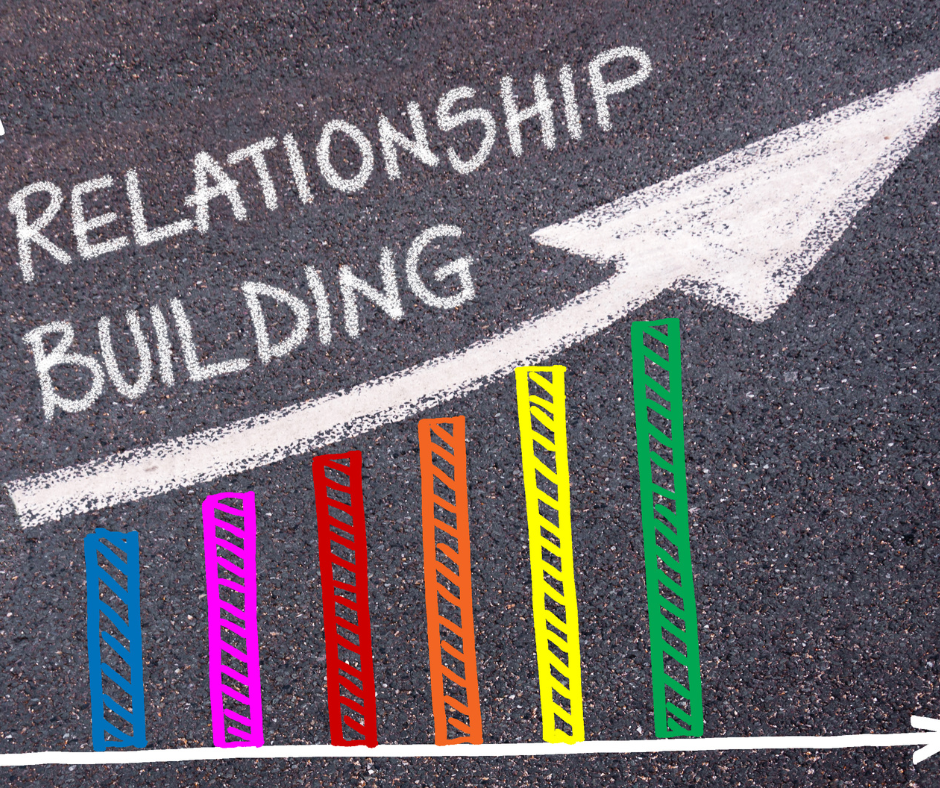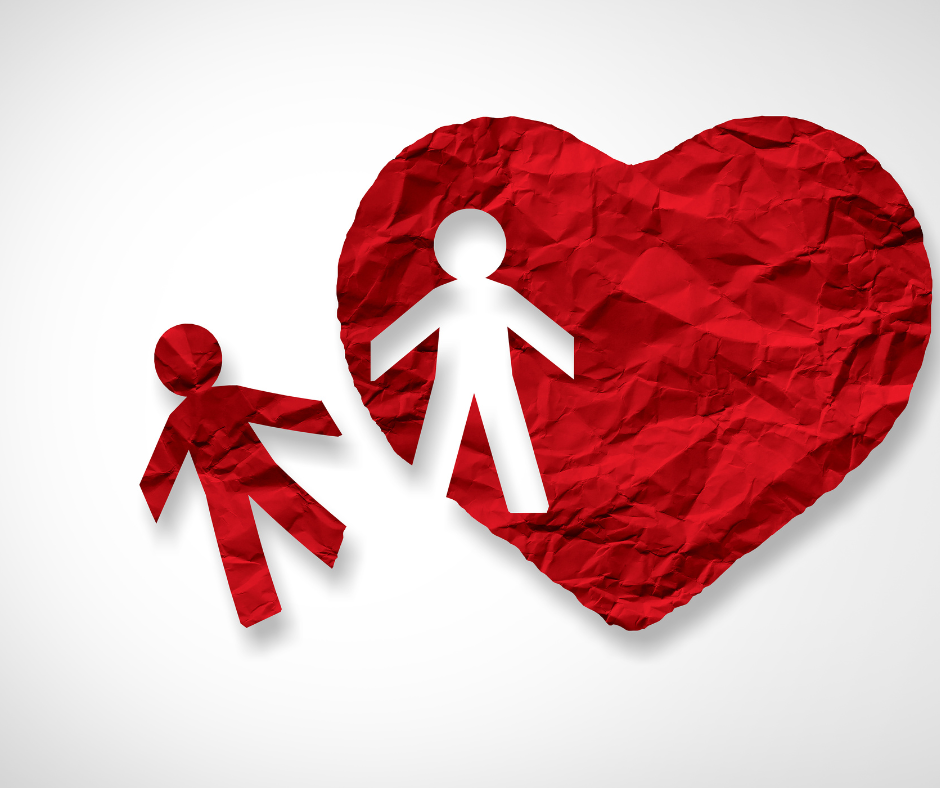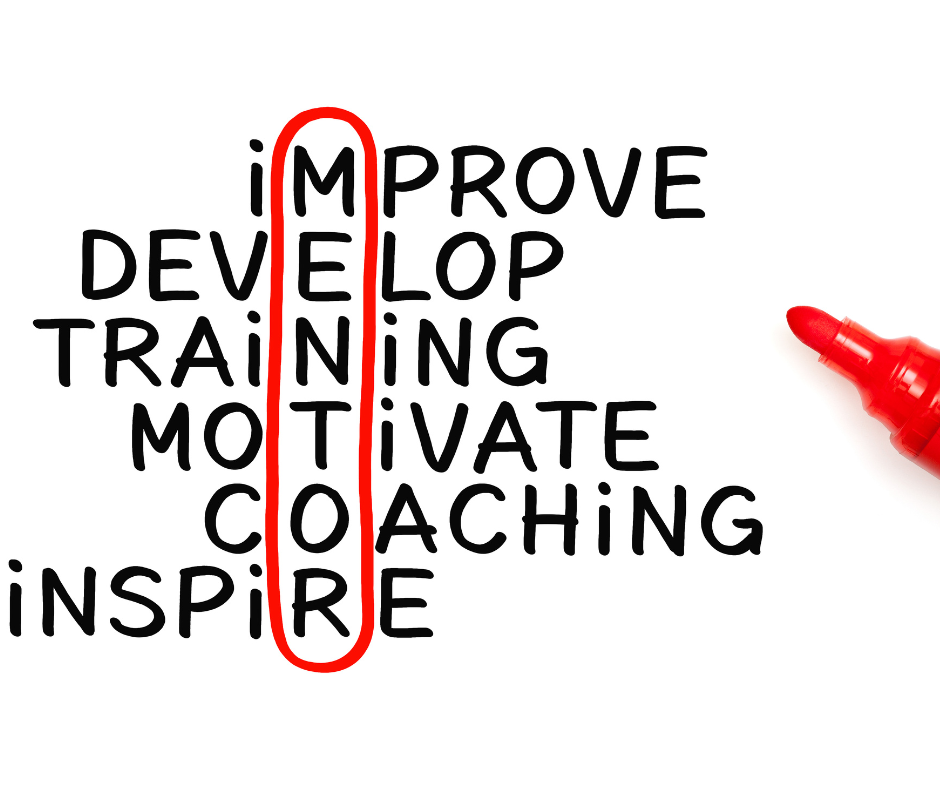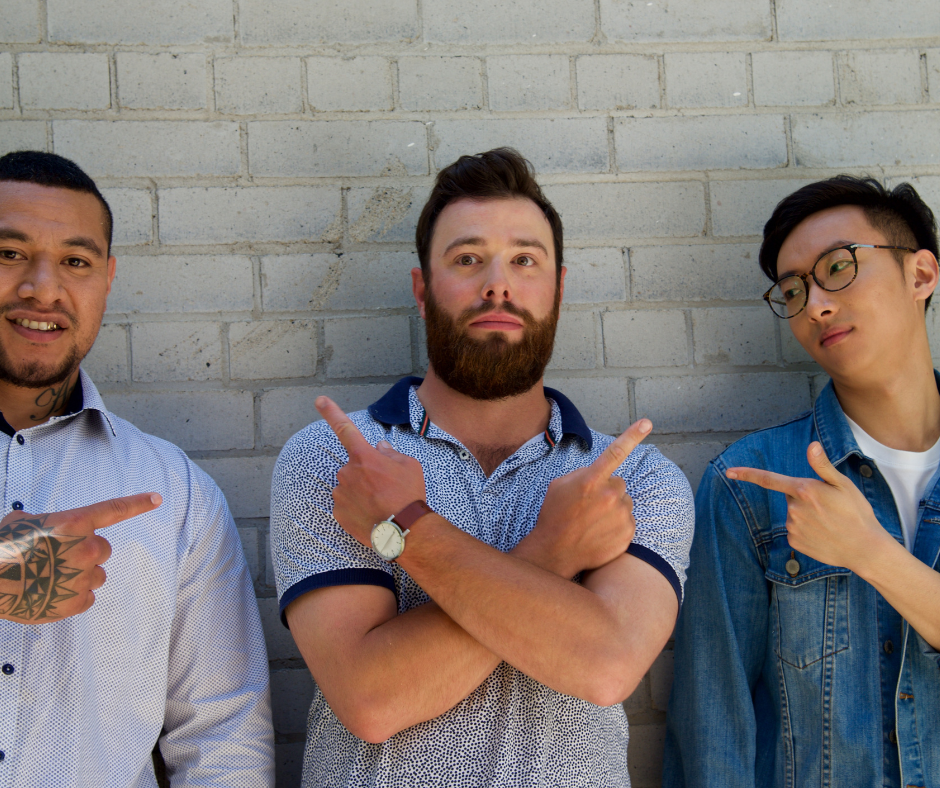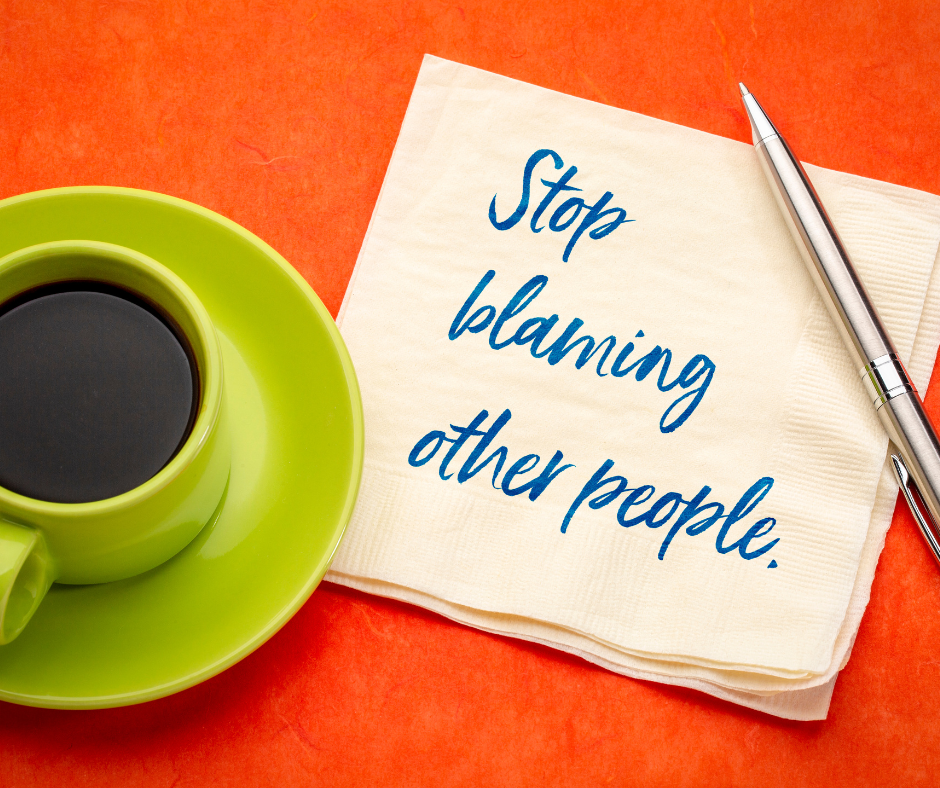Margaret Lee Runbeck described happiness as a mode of travel rather than a destination one arrives at. I take this to mean that happiness or the state of happiness is not a place we arrive at in our lives, that once there, we can just stay. Rather that it is a manner of travel, we need to work constantly to stay happy and that is in itself a never ending journey.
Most people in their lives will have at some time or another experienced a fleeting moment of happiness, reacting to something happening in that moment that induced the appropriate feelings. What we possibly aren’t always aware of is that happiness is a choice. Yes that’s right we choose to be happy every moment of every day and the moments that we choose not to be happy we leave ourselves vulnerable to not being happy. The important take from this is that if we wait for the moment of happiness to arrive, the liklihood is that it won’t because thats not how happiness works.
Unhappy people have an expectation that acquiring something, or that other people will bring happiness to their feet and so they are in constant search of it with their aspirations for happiness rarely being met, because they haven’t realised that where they are searching is more often than not the wrong place.
So, commonly speaking where are these places where unhappy people tend to search for happiness? Here are some examples
Buying happiness–One can feel a moment of happiness in purchasing something new. A new house, a new possession, a designer item of clothing, the latest item of technology and certainly when newly bought and utilised, with time for admiration the new purchase can fill us with good sensatons. But once the initial shine dulls the feeling dissapears. Now there is absolutely nothing wrong in buying something new and appreciating it and ourselves for owning it, but when we associate the feeling with the act of purchase and owning; something sinister can creep its way into the mix. That is the association of happiness with buying things. Happiness is a high, attained from the act of purchase and so we keep buying with the expectation of that high. If this mindset sets in, it can lead to debt.
Attaining financial wealth–Money can provide security, but it doesn’t naturally buy you happiness and yet so many of us strive for more money, which gives us the best house, the finest things to populate the house, a snazzy car, holidays and the ability to buy things, which kind of ties in with the previous example. People with less money can be much happier and people with more can be less happy. Yet we have through the ages become accustomed to the idea that being rich in some way is the road to happiness. It can certainly make life more comfortable. Luxuries which make for a comfortable life are wonderful to have but luxuries aren’t where happiness resides.
A new relationship–In the honeymoon period of a new relationship, happiness can feel very real. This is true of most relationships, but after the first throws of euphoria, once two people get comfortable around each other and realise its not necessary to try as hard, it can soon become apparent that this is also not a place where happiness resides. Relationships however, are not as simple as that, because some relationships are happy and last for a long time. Others are happy to begin with and continue to be happy for a while longer and then breakdown because the happiness leaves the relationship. Whatever the reason is, one or perhaps both are left wondering what went wrong, when and why did they stop being happy with eachother. It can be complicated to answer this but its important to understand that in a relationship, two people are involved. There may be the expectation of one making the other happy, that if one party loves the other they will recognise whats needed to make the other happy and that the relationship will be reciprocal. The sad reality is that in most relationshipships there are givers and there are takers. Takers are happy to take and often become neglectful and undervalue the giver. The giver on the other hand is content to give, until they feel the neglect and the lack of value offered to their efforts in the relationship. Expectation is another killer of happiness in relationships, because expectation brings with it selfishness. The truth is that real and lasting relationships are about recognition, partnership, teamwork, communication, humility and walking in the shoes of your loved one.
Aesthetically looking good–For health reasons a body that both eats well nutritionally and exercises is to advocated for. Being disciplined in practices that keep you disease free, mobilie, flexible and strong provide a more fullfilling life. However, as we see for the sake of fame and social media/digital influence working at a aesthetic beauty and garnering praise and adulation for that is sometimes seen as reason for happiness, but there are two sides to a coin. Its awefully hardwork to retain the beauty or youth of the external physique and when that happens it can be a huge confidence blow and what of those who aspire, but never attain, it can leave them feeling like a failure. If one imagines that getting aesthetically fit in physique is the route to their happiness is really only addressing half of whats needed to find true and lasting happiness and whoever says that at 50% they are truly happy?
Through competition–atheletes compete for trophies and medals, for fame and fortune, to be better than their counterparts, they have to keep on bettering themselves, until eventually they can’t excel. This can be a very hollow completion to an atheletes time in the limelight. However, if they have the mindset of ‘taking part’ then instead of being a competitor to themselves and others they become part of a social grouping, they become mentor and friend and the sense of altruism this invokes can be a better and more lasting source of happiness.
A job–work is essential to earn the income that supports life and lifestyle. With an occupation one contributes both to their own life and to that of others at some level. But many go out in search of the perfect job. Dictated either by amount of remuneration, status or opportunity. Work requires us to work, its never perfect. Mostly it pays the bills and if we are lucky it will be a job we like and can excel at or it can be a vocation, that feeds our passion. Like a new handbag or a new car a new job can only make one happy if it is viewed in a manner that allows you to thrive rather than fill you with stress.
The Ideal escape–This is the area of distraction and the desire to numb oneself out of an undesired situation where happiness is a rare commodity. Drugs, drink, endless TV or time away are obvious examples. The first two examples are oblivion, where you withdraw from life, loved ones and essentially yourself and that can be dangerous. However, TV addicts might struggle at some point to find the entertainment that stimulates and those who dissapear to somewhere, inevitably have to come back to the place where their unhappiness resides.
Turning to blaming of others—This is the unhappy person who refuses to take responsibility for the lack of action or failings in themselves for their unhappiness and then prefer to project onto others. This is where the expectation is about someone else resolving the cause of their unhappiness. These people are victims, with a victim mentality. There is very little one can do to help such a person, unless they can see the futility of thir position and make changes to their own pattern of thinking.
In Counselling or Psychotherapy—Having studied Counselling and Psychology and prior to that having been in search of my own state of happiness, I have formed very definate opinions on these modalities and so I speak from experience when I say a person in search of happiness can defer to a professional to find their way out of their low place and in doing so, trust themselves to the process of that happening. However, and in my experience as part of the process of self empowerment counselling, often results in the counselled individual laying blame at the feet of others, without impartial self observation and with pure emphasis on ones own feelings. So many times I was asked How does that make you feel? Yes this is necessary, this is what I felt, but dwelling or wallowing in my feelings was not how I became resilient. It was not how I became self aware. Counselling is a means of talking and venting and as such is a wonderful thing for a sad person, but it has limitations. It fails in leaving a person equipped for the future. When we consider the years of therapy people undergo and yet everytime they hit an obstacle they run to to their psychotherapist, the question we have to ask is how is this helping?
So these are examples of where unhappy people search for happiness. Clearly because it is elusive and many millions search or hope for it and suffer mental health issues because of a lack of it, it is a desirable and for a fulfilling life it is essential.
In Applied Positive Psychology there is a very different approach where focus diverts from what makes one unhappy to what makes one happy and that is where the works starts and stays and builds. We talk about finding happiness, searching for it but it is my belief it already exists inside us, what we need to do is discover how we get back at it. How we bring it to the fore of our lives again. We don’t ignore the circumstances of our actual life today and we don’t defer blame and we most definately take responsibility and our longterm goal is that once we re-access our happiness, what lifestyle to adopt to ensure it is never again lost.
This is the basis of Mastering Joy, a Facebook page aimed at offering support and information to encourage happiness in life.

